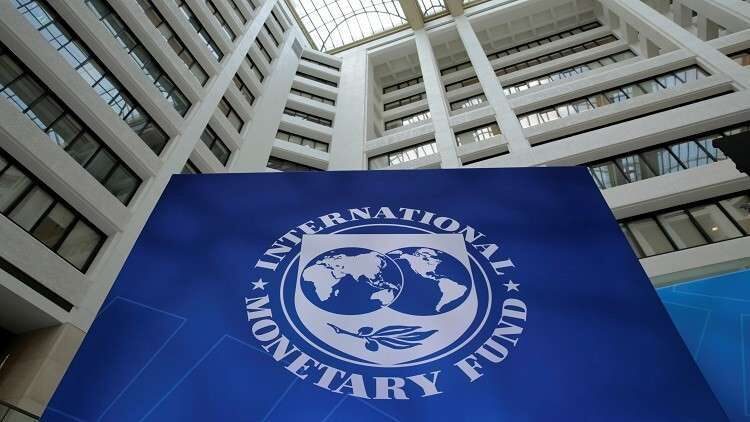Earlier in September, Egypt issued a statement warning against the trading of cryptocurrencies due to their decentralized nature.
2022 has been a turbulent year for cryptocurrencies, with popular token values falling to less than a third of their all-time highs.
Still in its infancy, cryptocurrency is a digital currency that uses a decentralized system – cryptography – to verify and maintain records rather than a centralized authority.
Cryptocurrency’s market capitalization reached just under $1 trillion in June, with projections that it may double by 2028.
The White House released new regulations for regulating digital assets, including cryptocurrency, on September 16, which involves a tighter grip on digital assets and the examination of the possibility of launching a digital US dollar.
Whereas the Central Bank of Egypt issued an alert barring cryptocurrency trading in September, stating, “These encrypted virtual currencies are not issued by any central bank or official central issuing authority. These currencies do not have tangible physical assets and are not subject to the supervision of any regulatory authority. Therefore, they lack the government guarantee and support that the official currency enjoys.”
Reporting and video production by Nour Eltigani.







